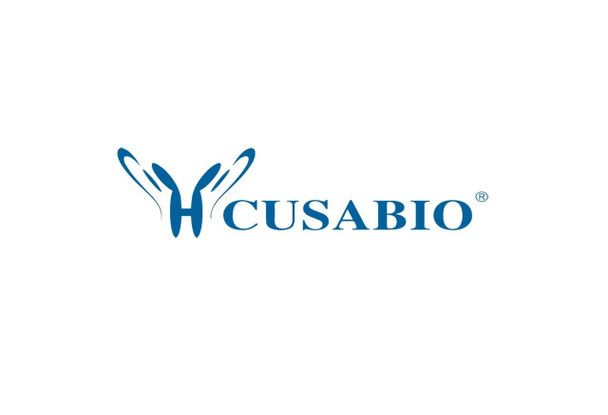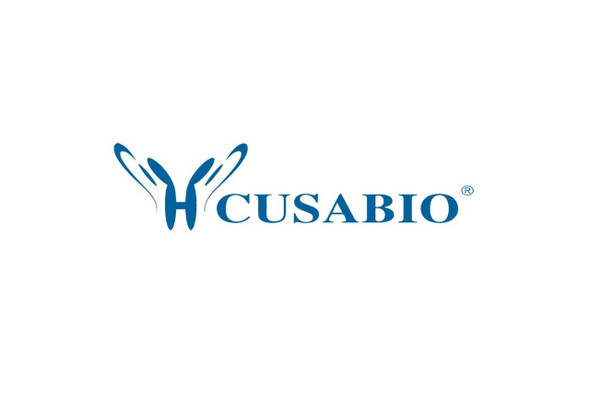Cusabio Polyclonal Antibodies
RNF20 Antibody, FITC conjugated | CSB-PA736198LC01HU
- SKU:
- CSB-PA736198LC01HU
- Availability:
- 3 to 7 Working Days
Description
RNF20 Antibody, FITC conjugated | CSB-PA736198LC01HU | Cusabio
RNF20 Antibody, FITC conjugated is Available at Gentaur Genprice with the fastest delivery.
Online Order Payment is possible or send quotation to info@gentaur.com.
Product Type: Polyclonal Antibody
Target Names: RNF20
Aliases: E3 ubiquitin-protein ligase BRE1A (BRE1-A) (hBRE1) (EC 2.3.2.27) (RING finger protein 20) (RING-type E3 ubiquitin transferase BRE1A), RNF20, BRE1A
Background: Component of the RNF20/40 E3 ubiquitin-protein ligase complex that mediates monoubiquitination of 'Lys-120' of histone H2B (H2BK120ub1) . H2BK120ub1 gives a specific tag for epigenetic transcriptional activation and is also prerequisite for histone H3 'Lys-4' and 'Lys-79' methylation (H3K4me and H3K79me, respectively) . It thereby plays a central role inb histone code and gene regulation. The RNF20/40 complex forms a H2B ubiquitin ligase complex in cooperation with the E2 enzyme UBE2A or UBE2B; reports about the cooperation with UBE2E1/UBCH are contradictory. Required for transcriptional activation of Hox genes. Recruited to the MDM2 promoter, probably by being recruited by p53/TP53, and thereby acts as a transcriptional coactivator. Mediates the polyubiquitination of isoform 2 of PA2G4 in cancer cells leading to its proteasome-mediated degradation.
Isotype: IgG
Conjugate: FITC
Clonality: Polyclonal
Uniport ID: Q5VTR2
Host Species: Rabbit
Species Reactivity: Human
Immunogen: Recombinant Human E3 ubiquitin-protein ligase BRE1A protein (1-100AA)
Immunogen Species: Human
Applications: ELISA
Tested Applications: ELISA
Purification Method: >95%, Protein G purified
Dilution Ratio1:
Dilution Ratio2:
Dilution Ratio3:
Dilution Ratio4:
Dilution Ratio5:
Dilution Ratio6:
Buffer: Preservative: 0.03% Proclin 300
Constituents: 50% Glycerol, 0.01M PBS, PH 7.4
Form: Liquid
Storage: Upon receipt, store at -20°C or -80°C. Avoid repeated freeze.
Initial Research Areas: Cell Biology
Research Areas: Cell biology






